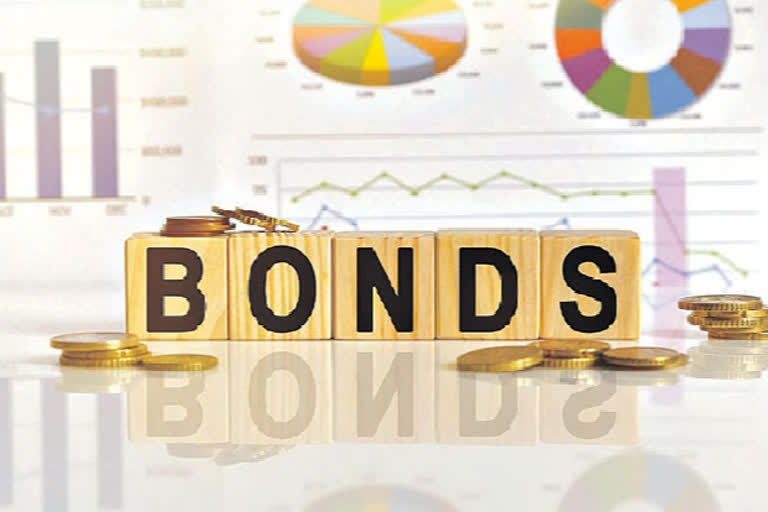Hyderabad: People, who prefer consistent returns, should bet their money on bonds. Companies tend to raise money by issuing bonds. Many people assume that bonds and FDs are similar, but there are quite a few differences that are to be noted by inventors eyeing bonds for investments. In the light of the recent issuance of bonds by various companies, let us see what precautions should be taken in their selection.
First things first, check out the credit rating of bonds before investing in them. Companies issue bonds to raise money from the market but ratings are conducted by third parties. Agencies like Crisil, Icra and CARE give ratings to bonds. ‘AAA’ means the highest rating, while ‘D’ implies the lowest rating. ‘D’ also suggests that the company could default on payment, so better shun such bonds.
Whereas government bonds boast of a 'sovereign' rating. In other words, these are zero-risk bonds. With the government standing guarantee, these bonds are trustworthy over AAA-rated corporate bonds. But, an important thing to be noted here is that highly-rated bonds fetch low interest, while lowly-rated bonds assure high interest.
Read: 5 regional parties declared donations of Rs 250.60 crore through electoral bonds in 2020-21: ADR
Bonds are available only for a fixed period. Some companies could buy out their bonds before the due date. When interest rates go down, companies would withdraw their bonds from the market instead issue new ones with a lower interest rate. Just to cut down on their interest burden. In such situations, investors are left with no choice but to tick bonds with low-interest rates. Usually, bonds that provide flexibility to companies to repurchase, offer good interest and they are termed callable bonds. While bonds that mature only after the due date are known as bullet bonds.
Some bonds can be returned by the investors to get their money back. Such options could be explored during financial emergencies, but these bonds fetch a nominal rate of interest. At times, there is a risk of the company rating falling to 'D' as the due date draws closer. Therefore, bond investors should keep a watch on it. Not only extra earnings, but the investor could also lose his entire amount so it is better to pick the right ones.
At the same time, interest rates may vary for the same term on certain bonds. For instance, a government bond with a term of 10 years can offer 6.5 per cent interest, while a corporate bond offers 7.5 per cent interest for the same period. A difference in credit rating could lead to a difference of 1% in interest rate. When interest rates are soaring, bond prices are likely to fall. Bond investors have to take note of it.



